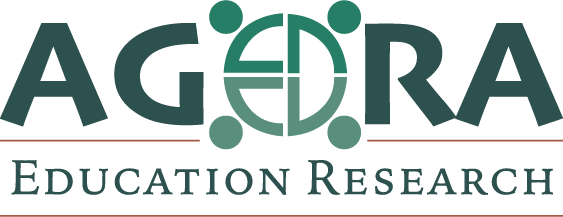-
In today’s data-driven world, the way we analyze and interpret data can significantly impact decision-making and policy development. Disaggregating data allows us to uncover hidden trends and disparities that may be masked in aggregated statistics. This is especially vital in areas like education, where understanding the unique experiences of students, teachers, and principals can lead…
-
In Agora Education Research’s recent blog on the International Computer and Information Literacy Study (ICILS), Linda Hamilton wrote about the study’s role in measuring digital literacy among 8th graders internationally. The study conducted by the International Association for the Evaluation of Educational Achievement (IEA) has continuously worked to incorporate test items that are relevant to…
-
Early childhood is the time to ensure that children are on the road to success. Investing in early childhood works, but only if done right.
-
Education agencies face different choices when determining achievement levels on new and existing assessment systems: What should students know and be able to do to meet the proficiency standard?
-
As researchers, we want data to be timely, relevant, and actionable without sacrificing quality. That is, we want data to be both fast and good. For parents, teachers, and researchers, understanding how K-12 education changed during the COVID-19 pandemic is a key example of those considerations. Data users don’t want to wait years to gain…
-
As the world continues to evolve technologically, assessing digital literacy, including AI literacy, is essential to ensure students are prepared for the future workforce and to measure the effectiveness of educational initiatives.
-
How did adult literacy skills in the United States change between 2012 and 2023 according to the 2023 PIAAC assessments? Read our analysis in the latest Agora blog by Tom Snyder.
-
Without longitudinal education data, it may be harder for researchers to determine the immediate or long-term impacts many of these natural events will have on the persistence and attainment of U.S. postsecondary students.
-
The ECLS-K:2024 was poised to reveal how pandemic-era disruptions shaped the school readiness of today’s kindergarteners, but the study was canceled leaving parents and educators unsure as to how to help our youngest students succeed in school.
-
Dr. Ken Elpus from UMD shares how losing access to rich, national data like NCES’ affects the field of arts education and downstream users of the data.











